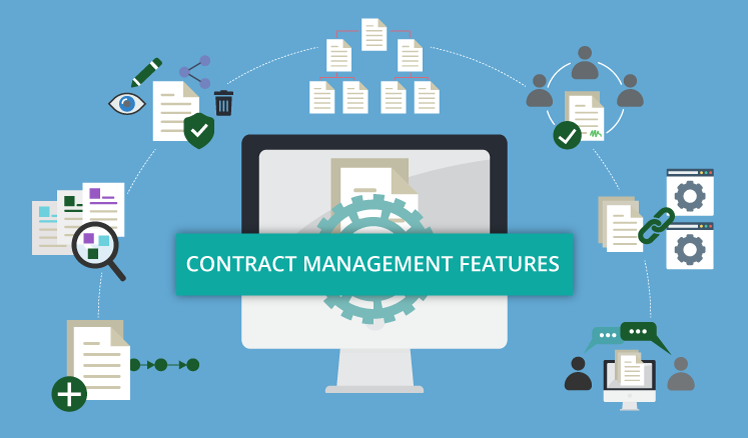Professional development is greatly influenced by training, which plays a significant role in the growth and success of an organization. In today’s paced business environment, it is crucial for companies to have tools and strategies that continually enhance their employee’s skills. This article explores the significance of Learning Management Systems (LMS) as a component of corporate training. It also highlights the benefits and features of LMS that contribute to development.
The Importance of LMS in Corporate Training
Implementing a Learning Management System like the LatitudeLearning platform offers numerous advantages. By consolidating all training materials, resources, and assessment tools in one platform, organizations can streamline their training processes while fostering a culture of learning.
Seamless and User-Friendly Experience
LMS platforms provide users with a user-friendly experience by offering access to learning materials anytime from anywhere. Learners can log into the system using their credentials or through sign-on integration, eliminating the need for login procedures. The ability to access training resources remotely empowers employees, with flexibility, enabling them to learn at their pace without disrupting their regular work schedules.
Comprehensive Tracking and Reporting
The LMS allows organizations to track and report on learners’ progress. With its built-in tracking and reporting capabilities, supervisors and administrators can easily keep tabs on each employee’s participation, completion rates, quiz scores, and overall performance within the training modules. The detailed analytics offered by the LMS also provide insights into areas where learners may need support or customized learning interventions.
Empowering Learning Communities through Collaboration
The collaboration features offered by the LMS promote learning communities within an organization. Through discussion forums, chat options, virtual classrooms, or integrated video conferencing tools, employees can connect with one another to exchange ideas, ask questions, share experiences, or even create study groups. This collaborative environment fosters a sense of community and support among learners, facilitating engagement and understanding of the training materials.
Personalization for Tailored Learning Paths
Recognizing that one-size-fits-all training programs may not meet every employee’s needs and skill levels, the LMS addresses this challenge by offering personalization features. Learners have the flexibility to set their individualized learning paths based on their interests, existing knowledge levels, or career aspirations. This empowers them to optimize their development journey by choosing from a variety of courses or modules that align with their goals.
This flexibility also contributes to increasing employee engagement and motivation since it allows them to have control over their learning experiences.
Engaging Multimedia Content
LMS platforms incorporate multimedia elements like videos, interactive quizzes, simulations, gamification techniques, and augmented reality modules to create a stimulating learning experience for employees. By utilizing these multimedia tools, LMS goes beyond text training methods while accommodating different learning styles. This approach caters to preferences and information processing styles (such as visual or auditory), effectively promoting knowledge retention and skill development among learners.
Effortless Training Management
Administrators responsible for managing training require tools that simplify course creation, enrollment management, recurring reminders reporting functionalities for audits or compliance purposes. LMS platforms handle these functions effortlessly through user interfaces, significantly reducing time constraints for designated authorities while allowing them to focus on other important tasks.
Real-Time Assessments and Feedback
LMS platforms often include real-time assessments and immediate feedback mechanisms that eliminate the need for grading. They provide learners with insights into their progress and performance. Interactive quizzes, tests, or knowledge assessments integrated into the training modules enable employees to gauge their comprehension of the materials on the go. The automatic feedback received upon completion of each assessment facilitates self-awareness and reinforces concepts before moving on to topics. Additionally, incorporating feedback from supervisors and managers into the platform provides guidance. Enables individual performance evaluations.
Conclusion
As organizations continue to evolve, it is imperative for corporate training to adapt to changing dynamics in order to support employee development promptly. Learning Management System (LMS) platforms offer an approach to achieving these objectives by providing a hub for training materials, robust tracking and reporting features, collaborative functionalities, personalized learning paths, engaging multimedia content options, user-friendly management tools, and real-time assessments with immediate feedback. Embracing LMS as the foundation of development fosters an organization’s learning culture while empowering employees with the skills necessary to thrive in an ever-changing business landscape.








Add Comment